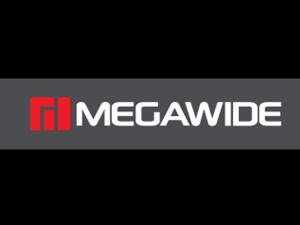MANILA, Philippines—Megawide Construction Corp. and its controlling shareholders are setting up a joint-venture firm to build classrooms for the Department of Education (DepEd) under a recently bagged P12.83-billion, 10-year public-private partnership (PPP) infrastructure project.
Megawide disclosed to the Philippine Stock Exchange on Thursday that its board had approved the creation of a joint-venture company with its parent firm Citicore Holdings Investment Inc. to be named Citicore-Megawide Consortium Inc. Citicore will control 90 percent of the venture while Megawide will own the remaining 10 percent.
The setting up of this venture is seen spreading any balance sheet risk with its controlling shareholders arising from this PPP project.
The joint venture firm will undertake construction, maintenance and leasing of school buildings under a build-lease-transfer agreement with DepEd.
“The venture is seen to contribute to the objective of the government to accelerate the increase in the number of classrooms in public schools and cut its current shortage of around 66,800 classroom units nationwide,” the disclosure said.
Last August, the Megawide-Citicore consortium won the DepEd’s school infrastructure PPP packages (A and B) for Region III and Region IV-A respectively with lease payments worth P523 million and P760 million per annum each year for the next 10 years. These figures represent the annual lease payment to be made by DepEd to Megawide within the next 10 years in exchange for the construction of the school buildings.
The group’s commitment is to build 7,144 classrooms—2,885 under package B and 4,259 under package C. The project will involve the infrastructure design, financing and construction of about 9,300 one-story and two-story classroom in order to supplement the current program of the Department of Education in reducing classroom backlog. By offering school infrastructure for PPP, the DepEd frees up more budget for other expenditures.
Since the project is a lease contract, other costs are factored in, such as maintenance costs, financing costs and taxes. The inclusion of periodic maintenance every 4.5 years aims to ensure the durability of the structures and helps extend their design life. The financing costs, on the other hand, represent the cost of using private sector money to construct the classrooms today and pay it back over a period of 10 years.
